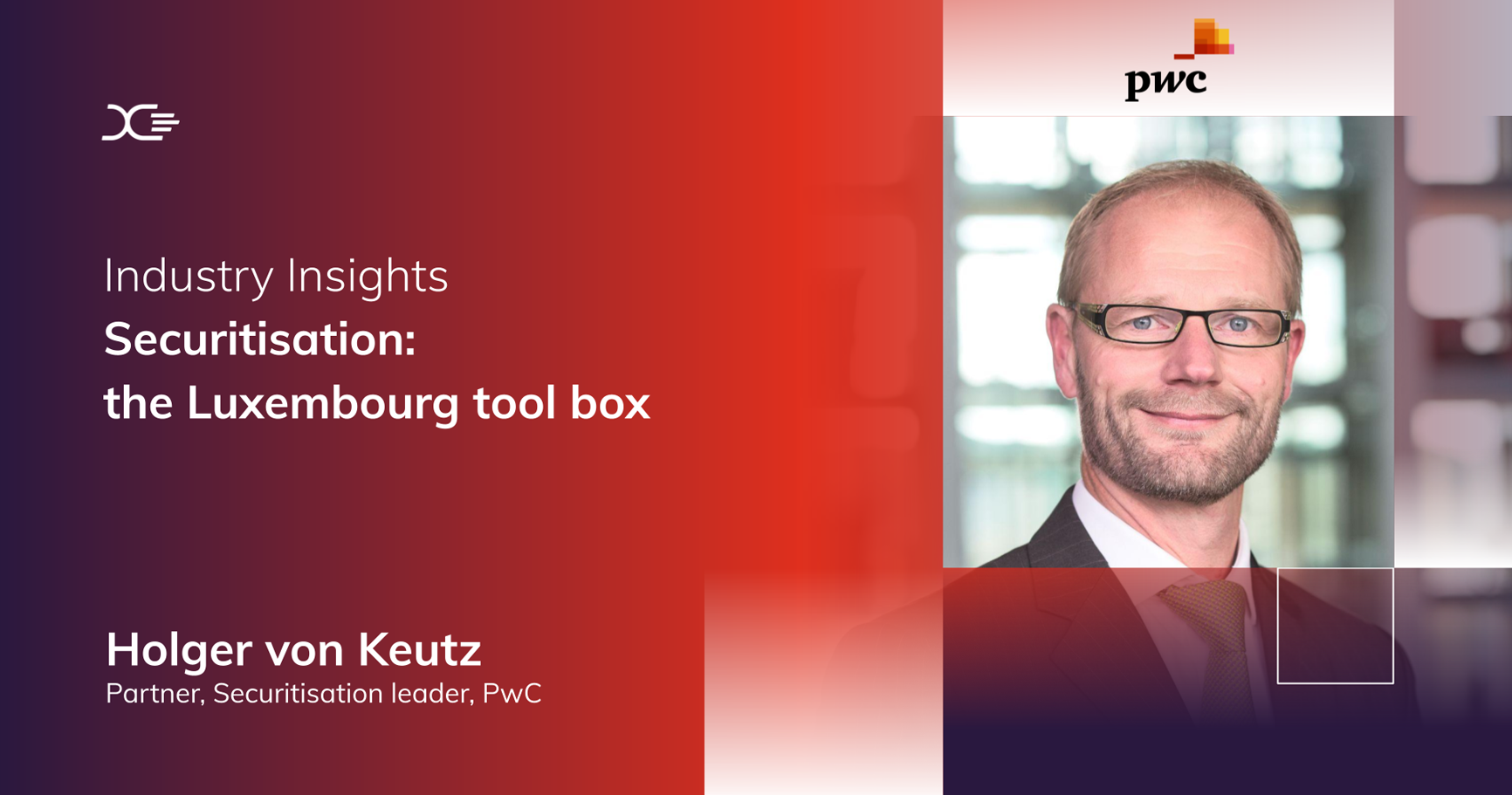Making Your Time Matter With Lasma
Lasma Pakne is a UI/UX designer with CrossLend
Hi Lasma, please introduce yourself and tell us what you do at CrossLend
I’m from Latvia and have been with the company for two years and three months. I started as a graphic designer – I worked in that role for a couple of months – but then due to the volume of tasks coming from the IT department, I switched to the role of UI/UX designer. I like to take on challenges where I can learn new things. They were very nice to give me this opportunity since I was stepping into this position with only four years of graphic design experience and not UX/UI. A bit later, CrossLend strengthened the team by hiring a senior UI/UX designer, and in this way, I was able to learn about proper processes within UX design. In the past two years, I’ve learned and advanced as a designer a lot.
How does UI/UX compare with your work as a graphic designer?
It is similar because you still work on developing visual elements, buttons, cards, icons, and so on. But at the same time, UI/UX is more focused on understanding information architecture, understanding how the user thinks, how a user wants to access the platform. I’m mainly working on the Data Suite and Marketplace, and in our team, we are trying to find solutions for the platform whose design, structure, and purpose are clear, generally focusing on a user-centred design framework.
Especially because our users’ interest is targeted to data, we are trying to build a product that is straightforward and trustworthy, so the platform cannot have too many ‘beautifications’. Every component has to have a reason and each element has to be user friendly. It’s an interesting challenge, like a puzzle, to pick the right elements and combine them so that the users can grasp the functions and actions they can achieve in the platform.

Do you miss your work as a graphic designer?
I still do some small projects on the side to refresh my graphic design skills, such as illustrations for my family’s projects or logos for my friends’ businesses. But overall I’m very happy with my new role, I feel like I still have to learn so much, and I feel motivated to advance my skills more and more. And, as the company grows and as the user base expands, we will continue to deliver new features. There may also be a demand for more visual elements or motion design within the platform, something that I can deliver. I feel very confident that this is the way I want to go.
What made you decide to work at CrossLend?
At that point, two and a half years ago, I was living in Madrid, and I wanted to move to Berlin since it appeared more multicultural. During interviews, it seemed that CrossLend has an eventful and fun company culture. I also saw similar on Glassdoor and LinkedIn. And when I met my new coworkers, everyone was easy-going and friendly. Overall the office culture is very relaxed, and I like that.
Looking at the CrossLend platform, what is one innovation or product feature that impresses you?
For sure, it’s our Data Suite product and the related services. We are gathering, standardising, and providing so much data to our clients. I think it’s a big achievement to present so much data at a centralised point. It’s a great tool that investors and originators can use across loans and originations. From my point of view, it’s a big challenge to present it in a way that it’s easy for clients to navigate and use all the tools, but we have an elegant structure and way to present these data tools. We put a lot of high-quality work into that.
How would you describe the experience of working at CrossLend – the office itself, remote work opportunities, work-life balance, and of course your wonderful co-workers?
For me it’s a very good setup. I can choose to work from the office on some days and from home on other days. I think this is optimal because on some days, I concentrate better at home. But at the same time, when we have meetings, I’d rather meet people in person. So we have this dual option approach. The office is very nice. One perk is the professional coffee shop machine which is an excellent start to the morning – that you go to the office and you get your kick out of a good quality coffee. My co-workers are friendly and easy-going – I feel like you get a happy feeling upon entering the office because there will always be smiling people there.
Where do you live? Outside of work, what’s a fun way you like to spend your free time?
I’ve been living in Berlin for 2 years now, and due to the pandemic, I have only just started experiencing the city. I like to visit sound and visual performances, art exhibitions, and I recently decided to try out dancing Lindy Hop. I also like to travel, and this works very well with the possibility of working remotely.
What are some books you would recommend?
The one book that I always find myself coming back to is The Design of Everyday Things, by Don Norman. It’s considered a Bible for designers, it reveals design principles via telling interesting user cases and by exploring how to build products that users can enjoy.
And then for CrossLend, I frequently consult The Visual Display of Quantitative Information, by Edward Tufte, it’s a book that’s all about how data should be visually represented. I very often find solutions or best practices in this book, and it helps a lot for our platform.
CrossLend has six company values (innovation, sustainability, fun, open dialogue, respect & fairness, and teamwork) – which of these do you most identify with, and why?
For me it’s teamwork. I’m very proud of our IT team. The company has assembled a very good team because there is never a situation with my co-workers where someone is left behind. We always take care of each other. If there is a problem, we will have a call and sort things out. I feel that everyone is approachable and we have a very flat structure. Usually when one person is struggling, everyone else chips in.
Thank you for your time and telling us about your role Lasma.
Related articles
Securitisation: active management option to boost Luxembourg hub
The overhaul of Luxembourg’s securitisation laws introduced a number of changes, notably allowing for active management and a broader [...]
Originator Spotlight/Lenderwize
A fast-growing trade finance platform, Lenderwize specialises in invoice financing in the digital economy. Currently its platform provides its [...]
Digital lending emerges as an important sub-segment of private debt
Amid increasing breadth within the private debt asset class, specialised investors can allocate capital to sub segments in a bid [...]






